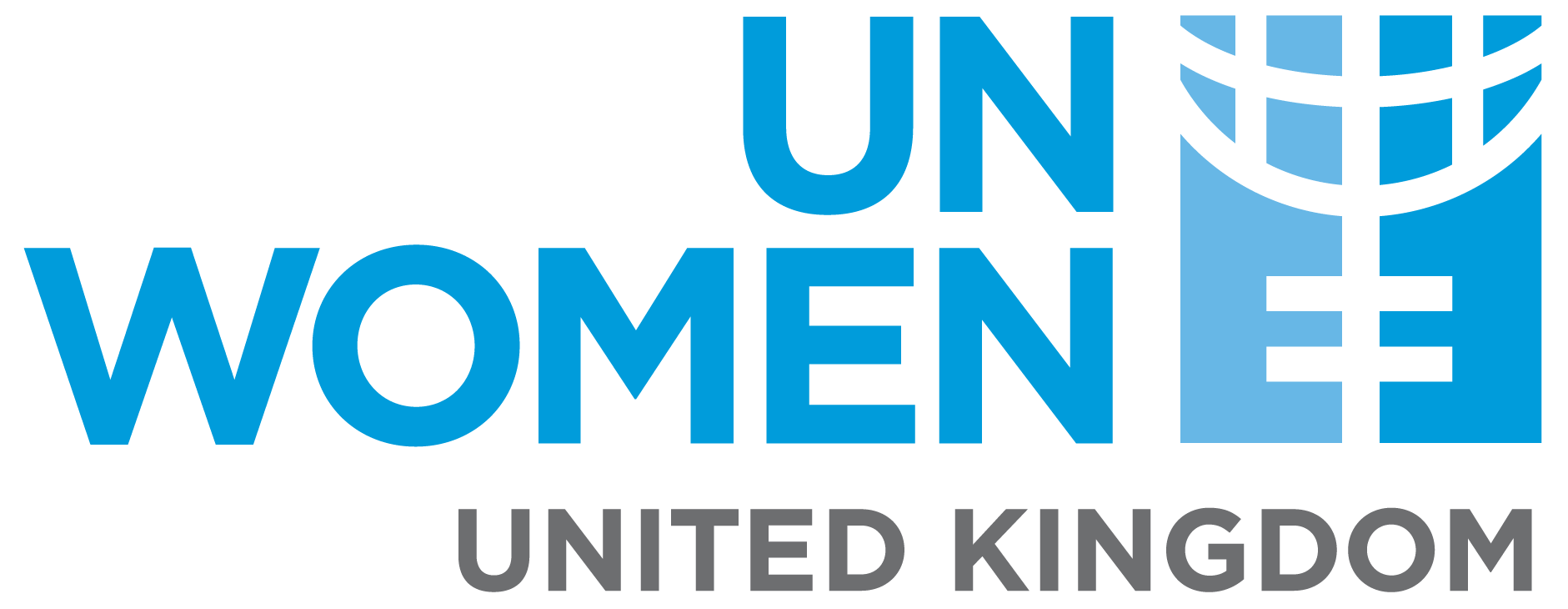Safer Internet Day
Open letter – 8th February 2022
We are a multistakeholder coalition committed to advancing the safety of women and girls online and offline. This Open Letter urges the government to urgently make substantive changes to the Online Safety Bill to ensure that it explicitly and accurately recognises Violence Against Women and Girls (VAWG).
Online VAWG refers to acts of violence or abuse that disproportionately affect women and girls. It is a wide and ever-growing set of behaviours that includes online stalking, online harassment including sexual harassment, grooming for sexual purposes, online threats and abuse including rape threats, domestic abuse perpetrated online also known as tech abuse, doxxing and image-based abuse.
Evidence shows that women are 27 times more likely to be harassed online than men, and 1 in 5 women in the UK have been subject to online harassment or abuse. UN Women has found that both online violence and its economic impact have risen during the pandemic.
Research in the Ripple Effect Report by Glitch and End Violence Against Women found 46% of respondents reported experiencing online abuse since the beginning of COVID-19 pandemic, and this figure increased to 50% for Black and minoritised women and non-binary people.
Refuge’s Unsocial Spaces report found that many women are reducing their online presence or coming offline entirely as a result of tech abuse. In fact, 38% of tech abuse survivors said they felt unsafe or less confident online because of the abuse on social media. Whilst, 1 in 10 survivors of tech abuse felt suicidal as a result of the abuse.
Latest research by Bumble, the dating and social networking app, found that 1 in 4 women they surveyed reported having experienced the taking and/or sharing of an intimate image. A staggering 48% of 18 – 24 year old women said they had been cyberflashed – that is, sent unsolicited genital images – in the last year alone. In fact, 28% of the women surveyed found that the prevalence of unsolicited genital images online had gotten worse during the COVID- 19 pandemic, whilst 1 in 3 believed that cyberflashing had become part and parcel of online behaviour.
This coalition welcomes the government’s recent inclusion of additional priority illegal offences to be written on the face of the Online Safety Bill to include, amongst others, revenge porn, hate crime, and sexual exploitation, but more needs to be done to protect women and girls. The Bill even with those amendments fails to acknowledge the prevalence, severity, and seriousness of online VAWG by not capturing the totality of gendered harms on the face of the Bill. Without a clear duty of care or acknowledgement of online VAWG as a priority harm, the Bill fails to empower tech platforms, the future regulator, enforcement agencies, and government bodies to intervene to identify and address instances of online VAWG.
On Safer Internet Day, this coalition calls on the government to act now to address online VAWG through a comprehensive, timely, and relevant Online Safety Bill. Our key recommendations for the Bill are to:
Recognise and address the experiences of violence and online harassment suffered by women and girls on the face of the Bill through a specific duty of care and classifying online VAWG as a priority harm under the regime.
- Take a consent-based approach to the criminalisation of cyberflashing.
- Require transparency reports to include a separate gender-based violence category.
- Commit to ‘future-proofing’ in the area of online harms including the Bill through regular consultations with this coalition, women, and girls.
We hope that the government will use the opportunity to revise the Online Safety Bill by incorporating these recommendations to bring forth a law that keeps pace with the reality of the online harms that millions of women and girls face daily.

Signatories
UN Women UK
Refuge
End Violence Against Women
Glitch
Bumble
Gina Martin
Women’s Aid Federation England
Our Streets Now
Beyond Equality
Professor Clare McGlynn, Durham University
Rape Crisis England & Wales
Welsh Women’s Aid
#NotYourPorn
Plan International UK
IKRWO, Women’s Rights Organisation
@CheerUpLuv
Dr Helen Mott
Girlguiding
Faith & VAWG Coalition
@CuteCatCalls
Centenary Action Group
